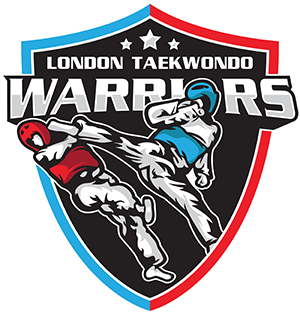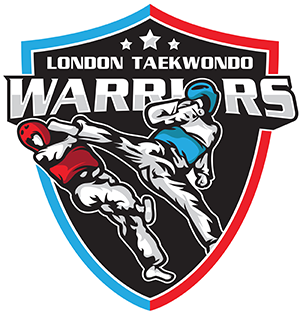The Power of Coaching in Taekwondo: Forging Unbreakable Bonds
Taekwondo is not just a sport; it’s a disciplined art form that demands unwavering commitment, dedication, and skill development. While individual practice is essential, the guidance and mentorship of a professional coach can make all the difference in a practitioner’s journey. In this blog post, we’ll explore the pivotal role of professional coaching in Taekwondo and how it contributes to the development of strong coach-athlete relationships.
**1. Mastering the Fundamentals: Taekwondo is built upon a foundation of precise techniques, stances, and forms. A professional coach ensures that athletes not only learn these fundamentals but also understand the nuances that set champions apart. They provide corrective feedback and personalized guidance, helping athletes refine their skills to perfection.
**2. Mental Fortitude: Taekwondo is as much a mental game as it is physical. Coaches help athletes develop mental resilience, teaching them to overcome fear, doubt, and adversity. Through motivational talks, visualization exercises, and goal setting, coaches empower their students to become mentally strong fighters.
**3. Strategy and Tactical Insight: Winning in Taekwondo often depends on strategy and tactics. A professional coach analyzes opponents, devises game plans, and imparts tactical wisdom to athletes. They teach when to attack, when to defend, and how to adapt to different opponents, equipping athletes with a strategic edge.
**4. Physical Conditioning: A coach designs training programs that enhance an athlete’s strength, flexibility, endurance, and agility. They monitor progress, prevent injuries, and ensure peak physical condition. This comprehensive approach maximizes an athlete’s potential.
**5. Emotional Support: Coaches serve as mentors and motivators. They understand the emotional ups and downs that come with the sport and provide a steady hand and a supportive shoulder. The bond between coach and athlete can be a source of immense strength during challenging times.
**6. Goal Achievement: Professional coaches work with athletes to set short-term and long-term goals. They break down these objectives into manageable steps, helping athletes measure progress and celebrate achievements along the way. This goal-oriented approach keeps athletes motivated and focused.
**7. Life Lessons: Taekwondo coaches often impart valuable life lessons. They instill discipline, respect, humility, and perseverance. These qualities extend beyond the dojang (training hall) and shape athletes into better individuals.
**8. Building Trust and Respect: The coach-athlete relationship is built on trust and respect. Athletes trust their coaches to lead them to success, while coaches respect their athletes’ dedication and hard work. This mutual trust is the bedrock of a strong partnership.
In conclusion, professional coaching in Taekwondo is not just about winning competitions; it’s about personal growth and development. The coach-athlete relationship is a unique and powerful bond that goes beyond the confines of the sport. It’s a partnership that shapes champions both on and off the mat. So, whether you’re a seasoned practitioner or a novice, remember that a great coach can be your guiding light on your Taekwondo journey, illuminating the path to excellence and personal transformation.


